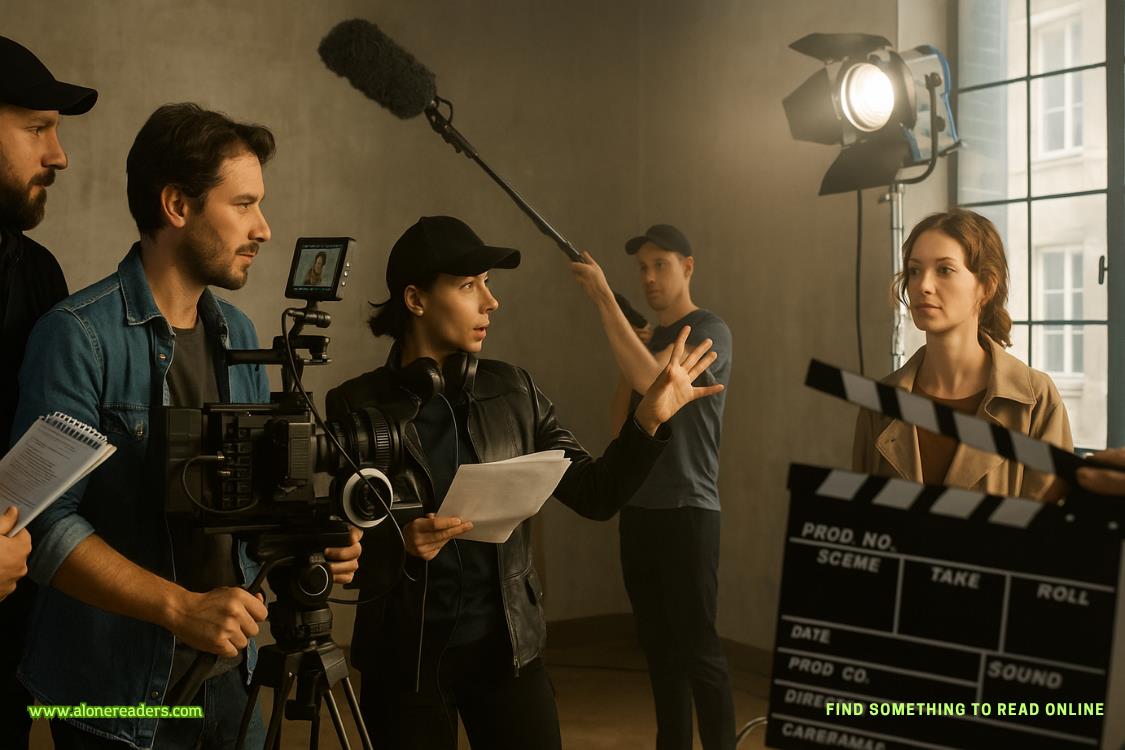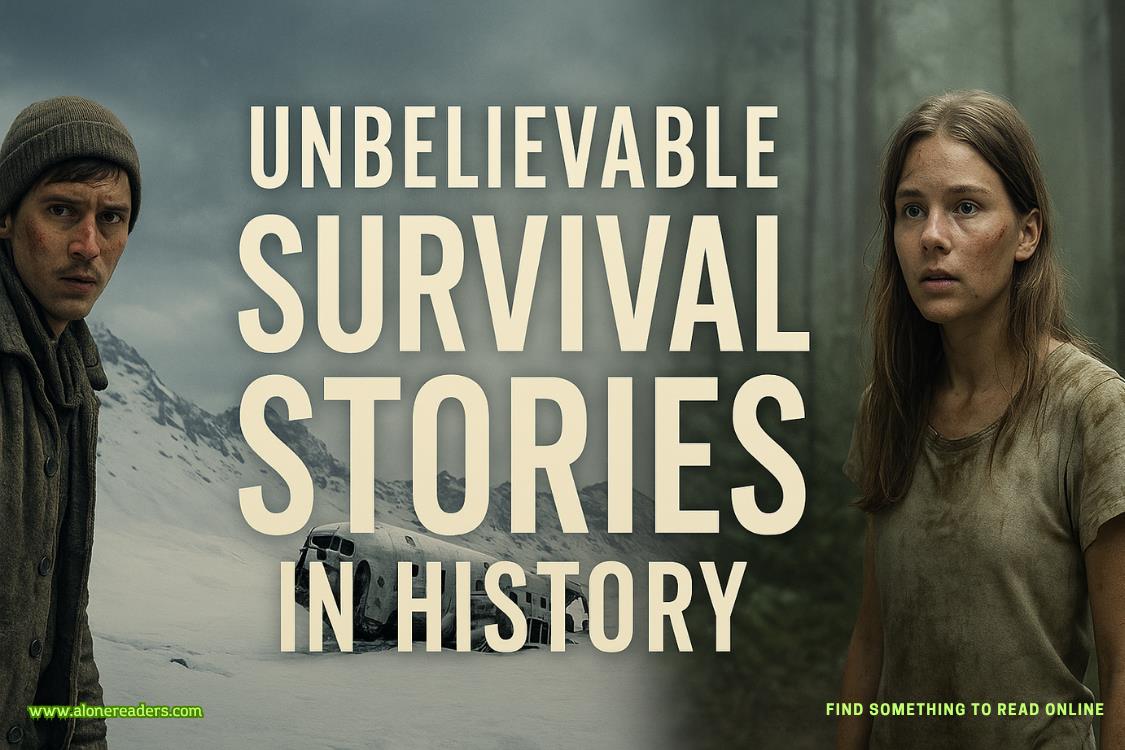Page 7 of The Bordeaux Book Club
‘Love,’ she said. ‘No offense, but I’m completely knackered. I seriously don’t know what you’re talking about.’
He looked at her, his eyes searching her face. Then slumped, the angry energy seeping out of him. ‘The carrots,’ he said.
‘Yes?’
‘Youboughtthem.’ Once again, he was tense.
‘Yes, from the supermarket.’
Then she realised what he was getting at. ‘Oh, look,’ she said hurriedly, ‘I’m sure your carrots are going to be lovely when they finally, um… kick in. But there just weren’t enough.’
She felt his eyes on her. His eyebrows were now so high, she wondered if it was possible to pull a muscle in the forehead. She smiled apologetically.
Meeting her gaze, something in him changed. As if someone had let a little air out and deflated all his features. He switched the heat from under the steel saucepan and sat down on the stool opposite her. ‘I’m being stupid,’ he said.
She didn’t reply. It was hard to know whether to agree.
‘I just…’ he reached for her hand and took it in both of his. She felt the roughness of his skin against hers, saw the stubborn mud embedded under some of his nails that simply didn’t seem to want to shift. ‘I thought we’d do better this year.’
Carrots had been the first thing they’d tried when they’d finally rotavated their garden and started their growing project three years ago. ‘They’re meant to be easy,’ Nathan had said. ‘Start off simple.’
Since, they’d grown several other vegetables with varying degrees of success. Potatoes, a glut of cucumbers – which surged into life each June and seemed to disappear soon afterwards, leaving them giving cucumbers to pretty much everyone they knew and having to buy from the shop the rest of the year – green beans and radishes, which did really well, but which admittedly neither of them liked very much. But the carrots had never really taken off.
Nathan, who seemed to be relentlessly optimistic about his prowess as a grower, had hoped this season would be the one where they finally produced enough to feed them each week.
‘Oh Nathan,’ she said. ‘It’s only February.’
‘I know.’
‘We don’t know what we’ll find when we dig those others up. Those enormous shoots!’ she said.
‘I know.’
‘So what if I had to top up, um, this week’s crop?’ she said.
‘It’s just…’ He looked at her, his brown eyes serious and searching. ‘It feels like a criticism, somehow. You buying carrots,those pathetic four we were going to use… then that enormous bag…’ He trailed off.
‘You’re being daft.’
‘I know.’ He sighed, leaning against the counter. ‘It shouldn’t matter really, should it? God’s sake they’re only eighty cents a kilo anyway.’
‘I know,’ she said. ‘But I get it. I really do.’ She’d felt a similar attachment to the strawberries she’d tried to nurture over the past three summers with varying success. The day she’d woken to find that slugs had dispatched the crop she’d earmarked for an Eton mess had been a dark day indeed.
She felt her insides sink a little as she wondered yet again whether they’d ever achieve anything close to self-sufficiency. The remote copywriting job she’d managed to land to provide an interim income was part-time, but it pinned her to set hours: a routine. Something she’d hoped to stay away from after their move. And while she enjoyed writing, she’d hoped she might be able to do something creative once they’d moved to France rather than being paid a paltry sum to write catchy descriptions for ‘Brian’s Brogues’ – a shoe company that specialised in footwear for those with bunions and other nuisance foot complaints.
But it wouldn’t be fair to raise this, not now. Especially when Nathan was already so upset.
She leaned forward and cuddled him, and he sank into her embrace. ‘I bet your carrots are much better than those store-bought ones anyway,’ she said into his ear.
‘Thanks,’ he said, meaning it. She remembered the dynamic editor she’d met when they’d worked together on theCambridge News. He’d have laughed at this. But she shook the image away. They were building their dream; it was nice that he was so invested.
It hadn’t been the work so much as the relentlessness of it that had made them look for another sort of life. Nathan had thrived on editing, doling out assignments to junior reporters, sorting the wheat from the chaff when it came to local events; and she’d enjoyed her time as a local reporter. But arriving home each evening and disappearing first thing in the morning had left them little time to spend together. With their enormous mortgage, dialling back on the hours was out of the question. Instead, they’d quit, sold up and taken a leap. And it was wonderful in so many ways.
Just once in a while, she’d look at him, covered in mud and sweat, or see herself in the mirror, hair in disarray, or check their dwindling bank balance and feel a surge of fear, and wonder whether they’d simply swapped one difficult situation for another.
‘Chickens are laying lots this week,’ he said, getting to his feet, his voice returning to its habitual positive tone. ‘Thought I might make frittatas.’
‘Lovely.’
- His to Command by Emma Bray
- Detention with Daddies by Sofia T. Summers
- Daddy's Heart by Dani Wyatt
- Tarnished Hands by T.L. Smith
- The Way We Win by Tia Louise
- Tracked By Hound by Cassi Hart
- Until Presley by E.M. Shue
- Love in Excess by N. Slater
- The Madness Within by Raja Savage
- Greek's Enemy Bride by Caitlin Crews
- Taken by Lena Little
- Maddox by Piper Stone
- Property of Madman by Sapphire Knight
- Sacrificing Zoriah by Emily Klepp
- Omega's Triplets by J.L. Wilder
- Tag by Natalie Bennett







